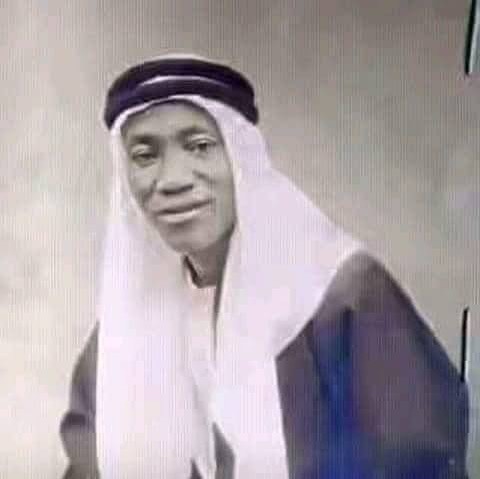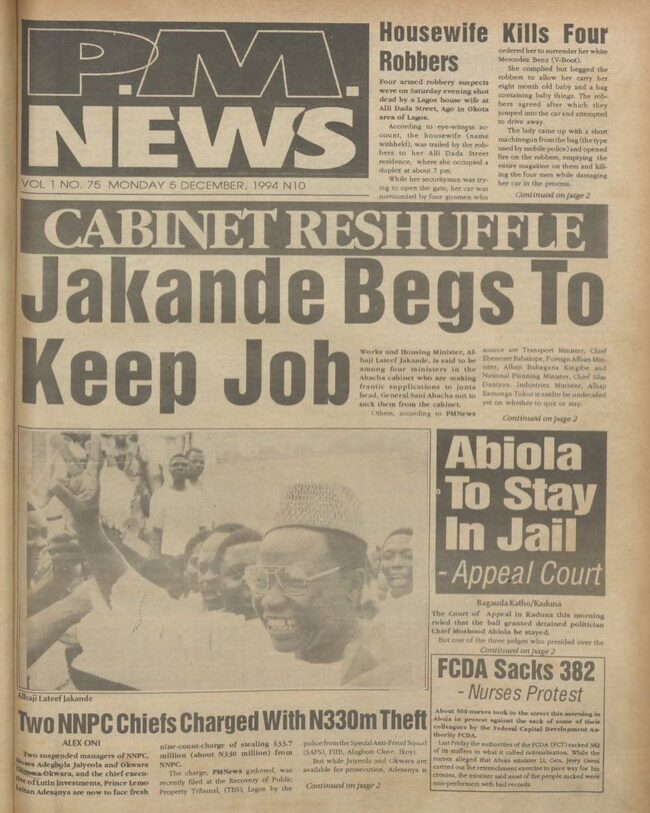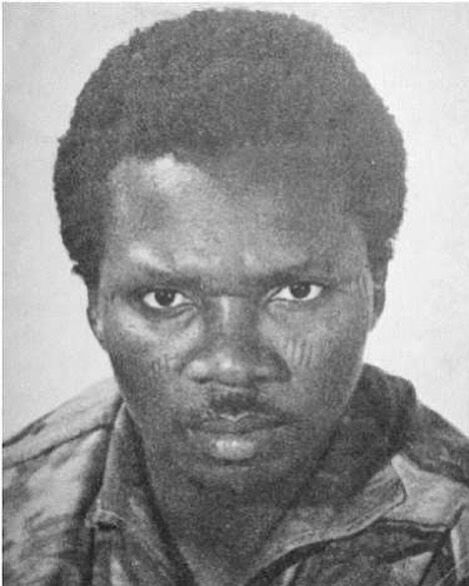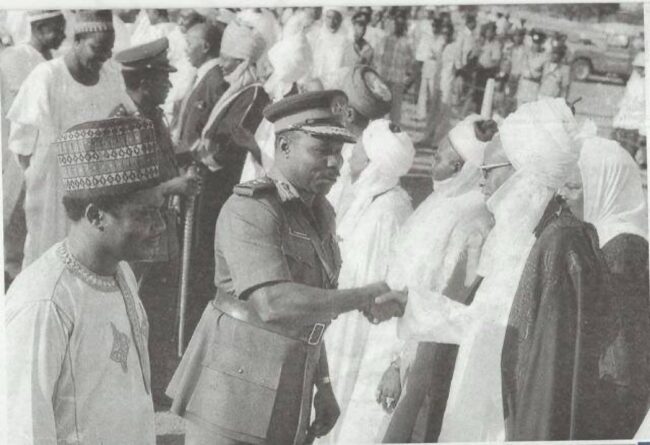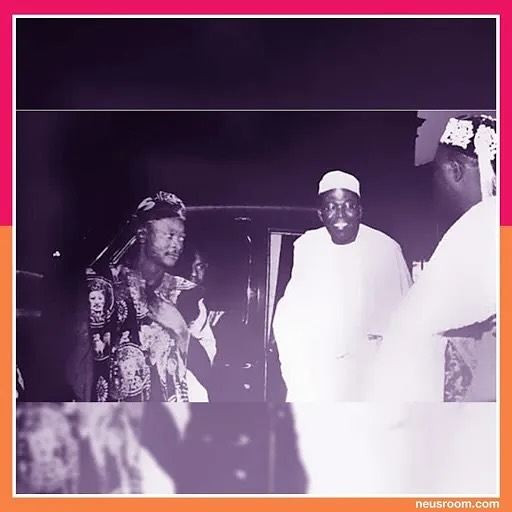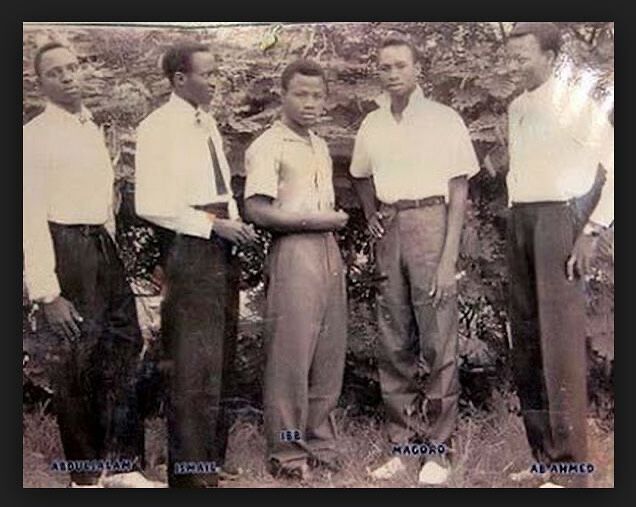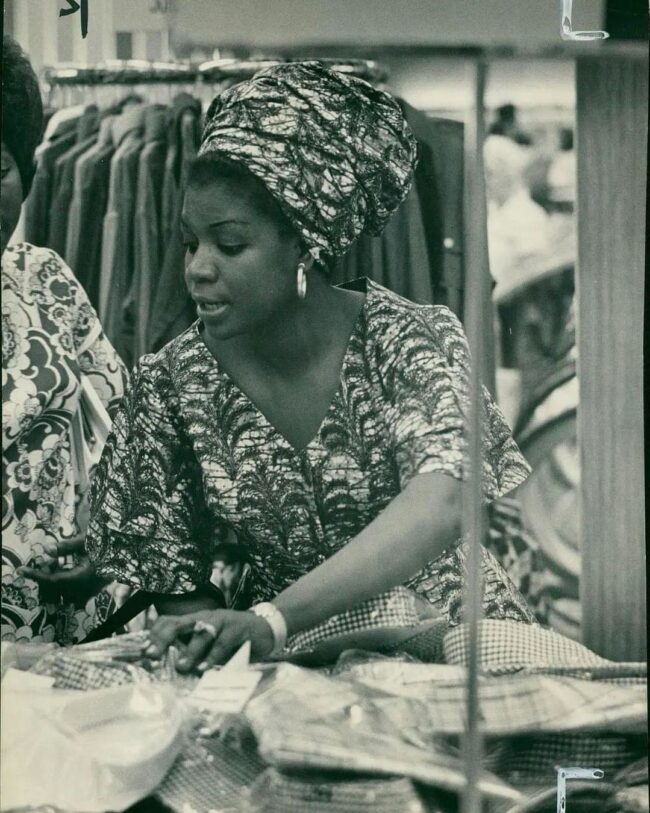Legacy of Sheik Kamaldeen Habeeb Al-Adaby, also known as Sheikh Kamaldeen Habeebullah Al-Adabiy
Sheikh Al-Adaby was a well-known Islamic scholar, teacher, and spiritual guide from Nigeria. His notable contributions to Islamic education and the spread of Islam in Nigeria are well known. He was born in 1909 in Oke-Suna, Ilorin, in Kwara State, Nigeria. The Ansarul Islam Society of Nigeria was founded by Sheikh Kamaldeen in 1942 with the goals of advancing Islamic education, morality, and social welfare. He founded a number of Islamic educational institutions through this group, notably the renowned Adabiyya College in Ilorin, which rose to prominence as a preeminent hub for Islamic education in West Africa. His contributions to Islamic education had a pivotal role in the dissemination of Islamic knowledge and literacy among Nigerian Muslims. Sheikh Kamaldeen was regarded as a spiritual leader with great respect due to his extensive understanding of Hadith, Quranic interpretation, and Islamic law. He was well-known for his support of Muslim harmony and understanding, and he made a substantial contribution to the peaceful coexistence of various religious groups in Nigeria. Although Sheikh Kamaldeen Habeeb Al-Adaby passed away on December 7, 2005, his legacy endures in the form of the numerous students he taught and the institutions hefounded. In Nigerian Islamic history, he is still held in high regard, and his efforts have a lasting impact on Islamic research and education in the nation.

